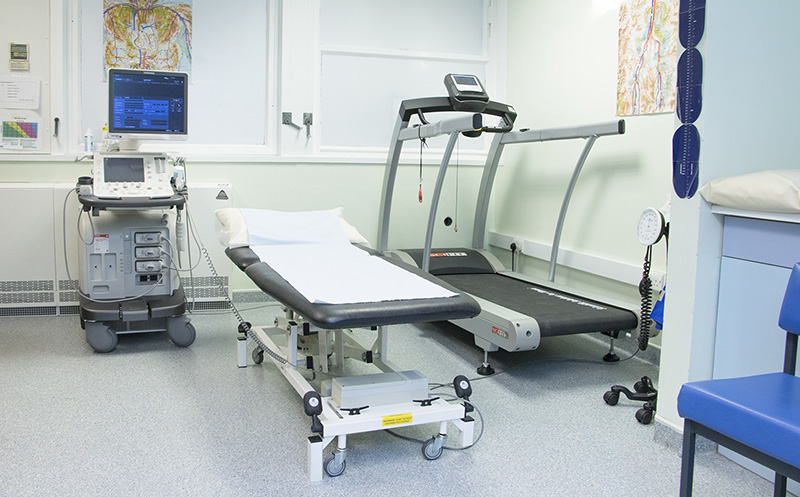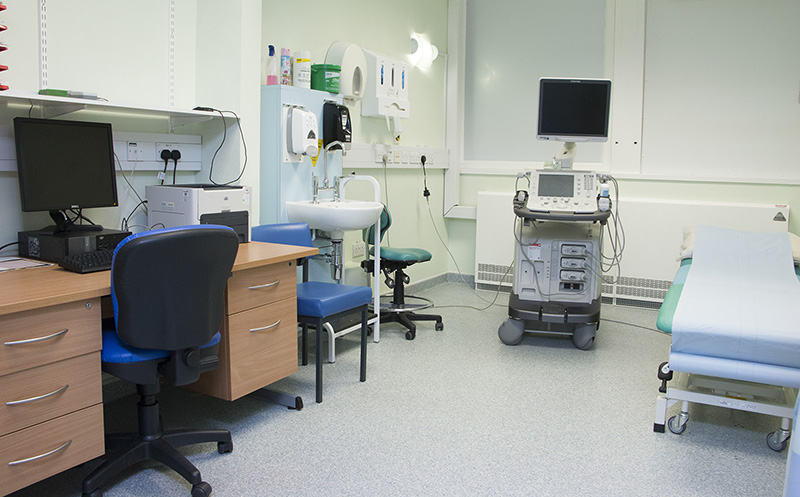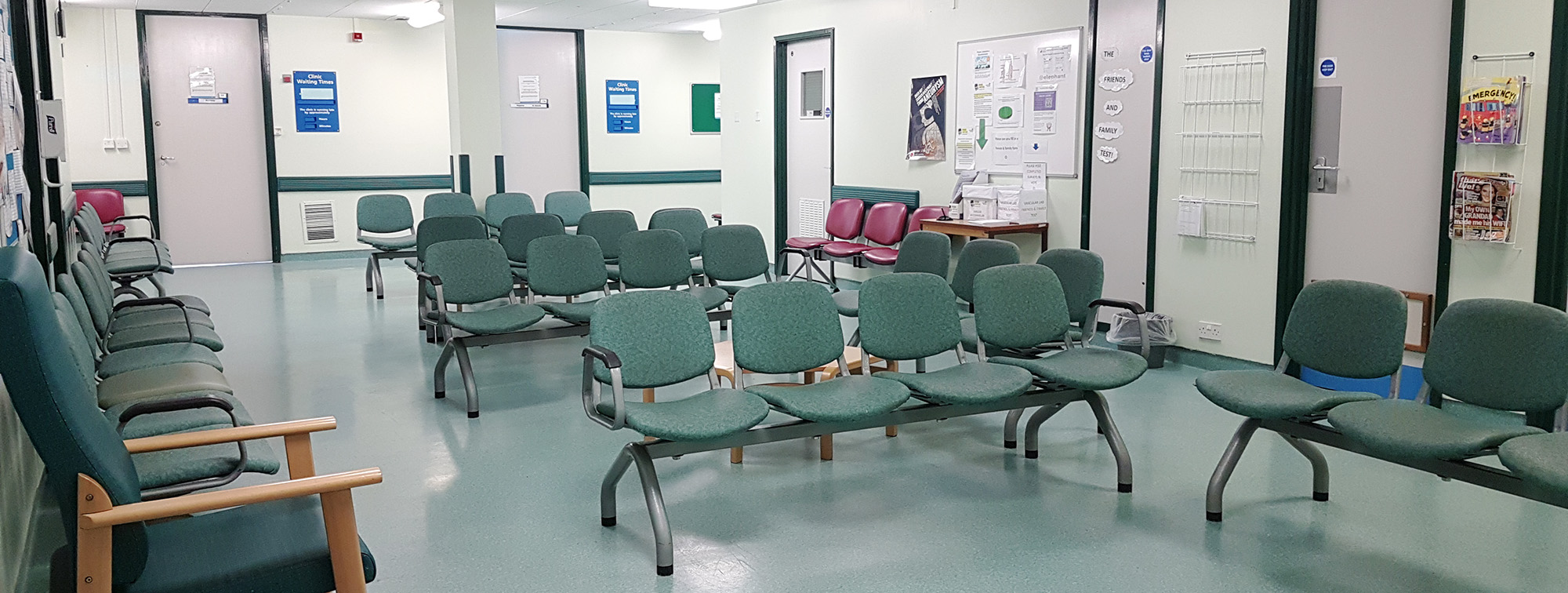The vascular department is located on the first floor at Hull Royal infirmary. We are open Monday to Friday 9am-5pm. Occasionally we run extra clinics on weekday evenings. We offer a supportive environment, which provides medical students the opportunity to learn and develop their knowledge and skills of vascular surgery.
If you need to cancel or change your appointment date / time you can call the Vascular Lab on 01482 674961 and we will be happy to provide a more appropriate appointment.
On Arrival
You will be greeted by a receptionist when you first arrive in the Vascular Lab and your details will be checked, e.g. your date of birth.
You will be asked to take a seat in the vascular waiting room.
At your appointment time, you will be called into a scanning room. You will be advised if you need to remove any clothing. The test will be explained to you by one of the team and any questions will be answered.
After your scan, the results will be given to you verbally and a report will be forwarded to the referring consultant. They will then be in touch regarding any further tests or follow up.
A chaperone may be present at the time of your test. If there isn't, you can request one.
What is an ultrasound?
An ultrasound scan builds up a picture of part of the inside of the body using sound waves of a frequency above the audible range of the human ear.
A small hand-held sensor is pressed carefully against the skin surface, which generates sound waves and detects any echoes reflected back off the surfaces and tissues of internal organs.
The sensor can be moved over the skin to view the organ from different angles.
The pictures are displayed on a TV monitor screen and recorded.
A cool gel will be applied to your skin over the area to be scanned, for example the abdomen. The gel allows the sensor to slide easily over the skin and helps to produce clearer pictures.


Tests we perform in the Vascular Lab
- Venous ultrasound
- Arterial ultrasound
- Ankle brachial pressure index
- Treadmill testing
- Carotid Doppler ultrasound
- Abdominal aortic aneurysm screening and surveillance
- Raynaud's / vibration white finger
- Fistula ultrasound
- Finger / toe pressures
- AVM scans

